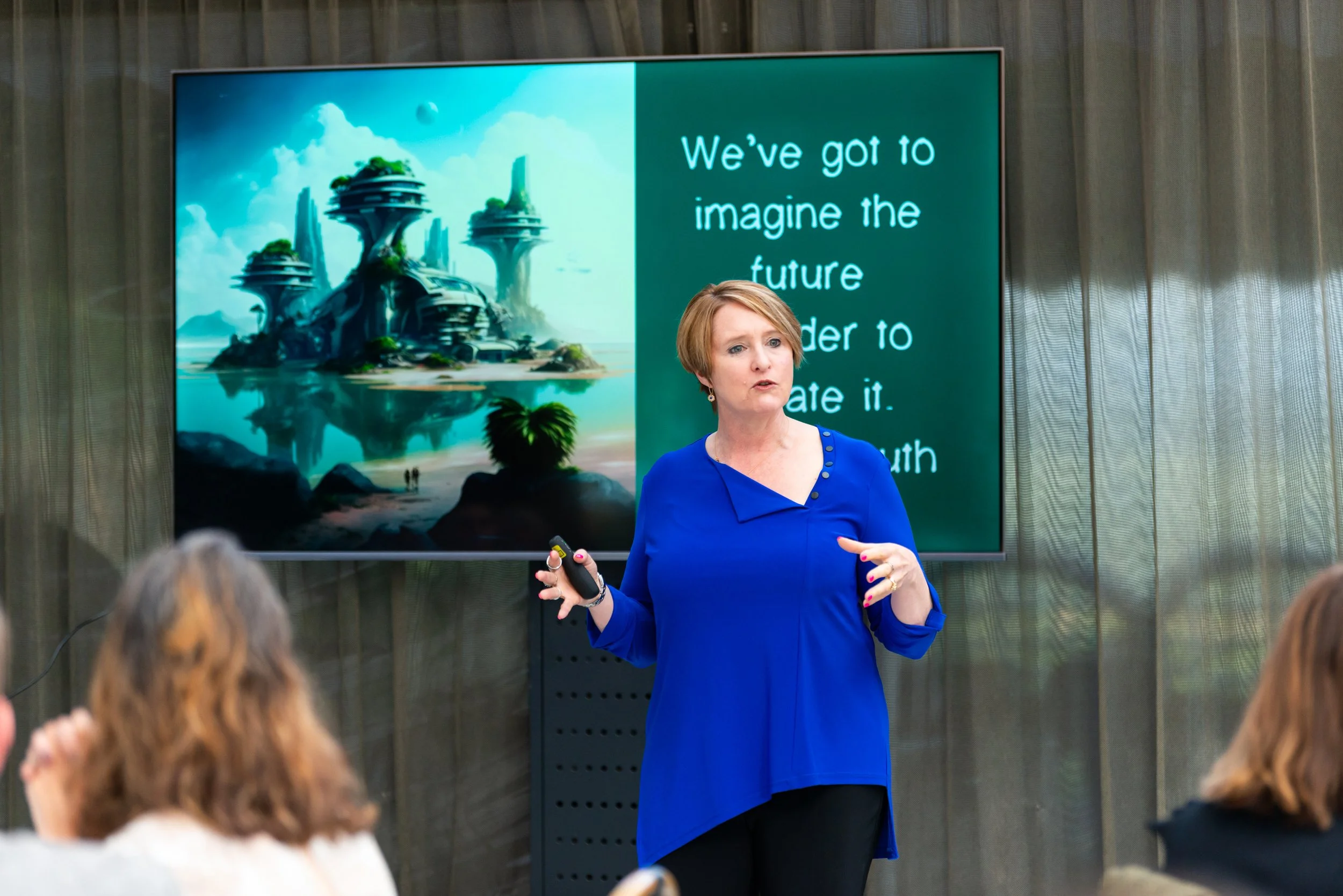"How do I recognise ‘blokey’ behaviour and what do I do about it in the corporate culture?”
Inclusive corporate cultures take deliberate effort
I love this question from a male CEO who wants to create an inclusive, welcoming culture.
It’s great because it acknowledges blind spots and seeks to troubleshoot them. I find this often: male leaders want to be better leaders, and they are sometimes shocked to discover that their behaviour, or that of their team, is not always representative of what they want to create and experience.
So what is ‘blokey’ behaviour, why does it occur, and what should we do about it, if anything?
Blokey-Ness is anything that amplifies male dominance. And it can be subtle, as well as overt.
Here awesome examples:
1. Boisterous piss-taking
For non-Aussies, this is teasing or making fun of others. In Australian culture, this is meant as good-natured banter. However, it can be intimidating if you are from a different culture (as a Canadian I was caught out many times by this - feeling like I was being attacked or ridiculed, no matter the intention). It is also intimidating if you are in a group of men, and they are ‘taking the piss’ of each other. As a woman this is very difficult to join in. It feels a little like putting on shoulder pads and trying to be one of the guys.
Having a joke is always good: laughter uplifts. When it is at the expense of others, no matter if good-intentioned, it erodes confidence and stability in relationships.
We need better humour: humour that does not belittle others for the sake of a joke.
2. Social gatherings centered on physical activity
For millennia, men have socialised through physical activity. Playing footy, golf, sailing. The activities make it easier for men to have conversations and interact. They often feel awkward just having a conversation with each other. Having something to DO - a sport - creates a safe third space to direct attention, and deflects focus on the self, especially if they have emotional things to talk about.
These activity-based gatherings have integrated into business networking activities: hosting Golf Days, or Tennis days, or soccer tournaments. Not all individuals feel comfortable socialising where there is also physical competence involved. It is a subtle expression of the ‘Alpha’ and it favours the physically competent and capable, male and female. Individuals may fear that their professional competence may be tarred by their lack of physical competence.
This is not to deride efforts made by organisations to create healthy, active cultures. These businesses invest in programs to promote healthy living: yoga, lunchtime walks, fitness boot camps. When these are done together, it builds relationships. Sporting networking days are thus less intimidating.
We need inclusive, not just competitive, physical social gatherings.
3. Excessive drinking
There is nothing more ‘blokey’ than having beers at the pub. Is this a bad thing? Not necessarily. Gathering over drinks or a meal can be an inclusive social networking experience.
Where it can go pear-shaped is when it turns into excessive drinking, for both sexes. Personal guards can be let down and the usual social restraint can sometimes evaporate. Reputations can be destroyed pretty quickly.
Chest-thumping, and macho bravado (male and female) can egg people on to over indulge to prove they’ve got staying power. Again, being ‘piss-fit’ (high tolerance of alcohol) can be equated to professional resilience.
We need to manage our drinking responsibly.
So what’s a bloke to do?
Don’t tease, drink, or play footy?
The collective Australian male psyche just bristled in horror.
This is not about emasculating men.
This is about creating an environment where men and women can enjoy each other’s personal and professional company, and feel comfortable doing it.
Leadership principles for a welcoming workplace
Try this:
Be more aware of how others are experiencing the behaviour. Is it inclusive? Is it welcoming? Is everyone contributing in a healthy, supportive way? Are individuals appreciated and made comfortable? Is the energy boisterous and intimidating, or open and friendly? Do people hide in corners or do they interact with others?
Being mindful and aware is the first step of cracking the blokey code.
What blokey behaviour do you see or have experienced? What do you do to manage this?
***
Related Articles:
The #1 mistake in handling culture problems
How to deal with an elephant in the room
Be better: how to break the blocks in your leadership
***
About the author, Canberra leadership expert Zoë Routh:
Zoë Routh is one of Australia’s leading experts on people stuff - the stuff that gets in our way of producing results, and the stuff that lights us up. She works with the growers, makers, builders to make people stuff fun and practical.
Zoë is the author of four books: Composure - How centered leaders make the biggest impact, Moments - Leadership when it matters most, Loyalty - Stop unwanted staff turnover, boost engagement, and build lifelong advocates, and People Stuff - Beyond Personalities: An advanced handbook for leadership. People Stuff was awarded Book of the Year 2020 by the Smart WFM Australian Business Book Awards.
Zoë is also the producer of The Zoë Routh Leadership Podcast.


